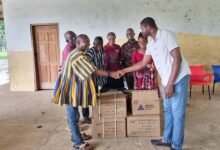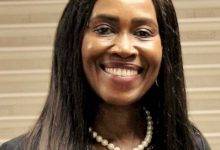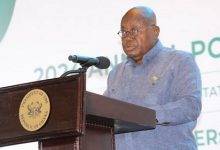
The use of technology in special education helps break the barriers for People With Disabilities (PWDs) and provides them with access to most relevant educational programmes, Hannah Ackom-Mensah, a researcher at the Autism and Digital Technology in Ghana has stated.
According to her, properly designed software and hardware allow students with special needs to get modern education and achieve any required information online.
Madam Ackom-Mensah was speaking at the 2nd edition of the Autism and Digital Technology event and exhibition held in Accra on the theme: ‘Awareness and Acceptance, Innovative Inclusive education, research and policy’
It sought to bring parents, caretakers, professionals and other stakeholders together to research ways in which digital technology impact Autism Spectrum Disorder(ASD).
Autism Spectrum Disorder (ASD) is a newly popularised term which encompasses a breadth of social impairments, repetitive behaviours and communication.
Madam Ackom-Mensah observed “Imagine a student, who is committed in the classroom, powered by support at home and willingness to learn finds it difficult to get access to fundamental educational elements like teachers and textbooks, statistically her access is far from guaranteed.”
Derrick Omari, the Chief Executive Officer (CEO) of Tech Era, a technology non-profit based organisation in Ghana, said majority of teachers were not equipped to attend to students with ASD and observed that “many children with autism learn well from visual media”.
He explained that technology was not just helping those with autism to learn, it was actually allowing them to thrive and stressed that his outfit had collaborated with a Canadian social enterprise and engineering company to create affordable assistive technologies for PWDs.
The two organisations seek to increase access to education for children with disabilities, create fun and a conducive learning environment for them as well as providing relief for their parents.
By BENEDICTA GYIMAAH FOLLEY







